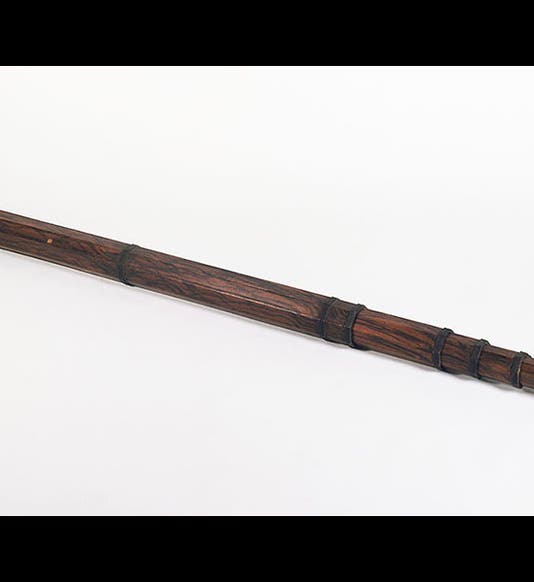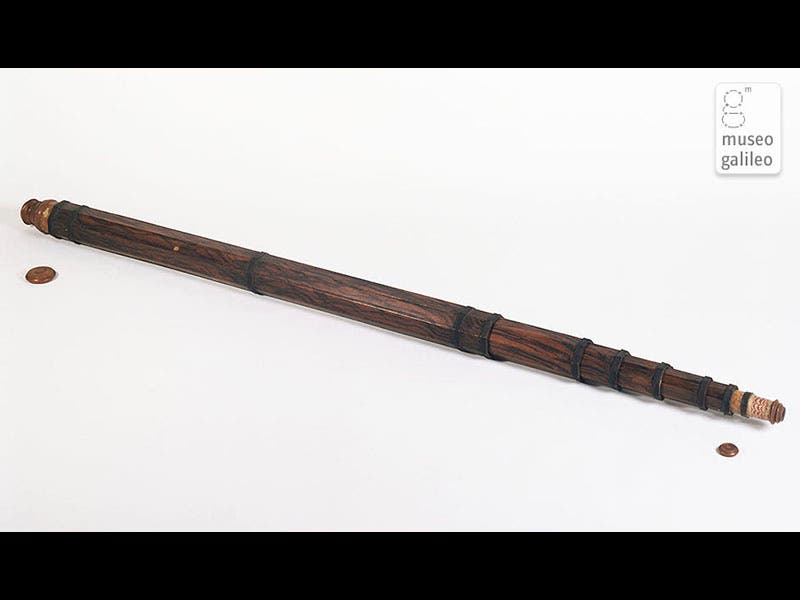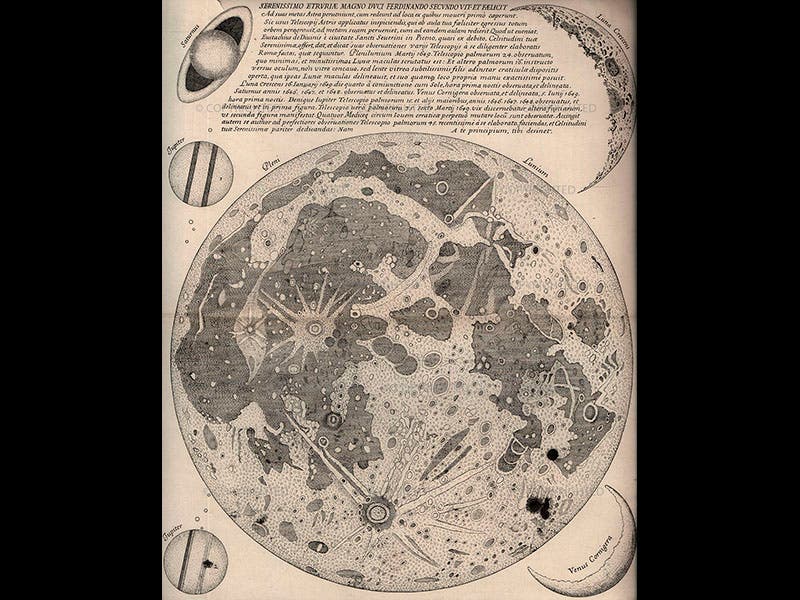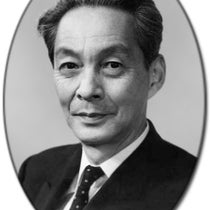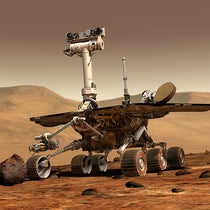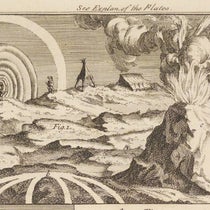Scientist of the Day - Eustachio Divini
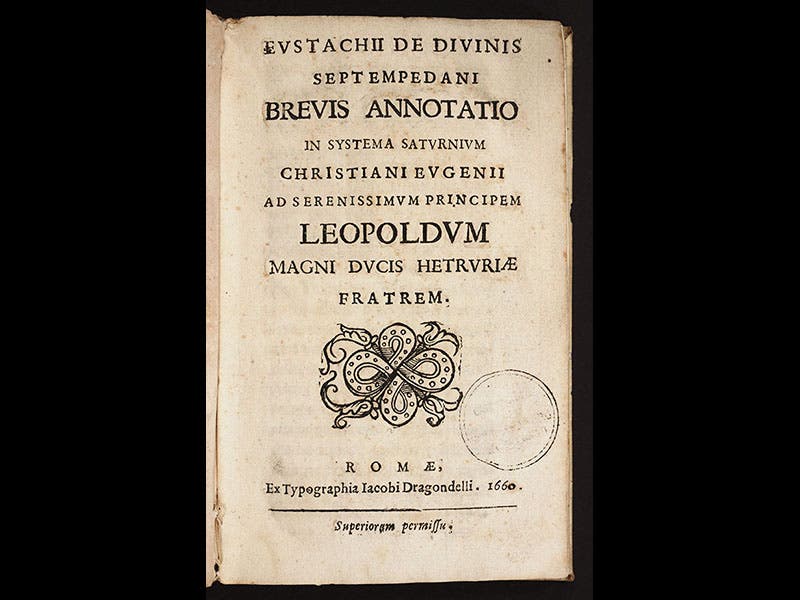
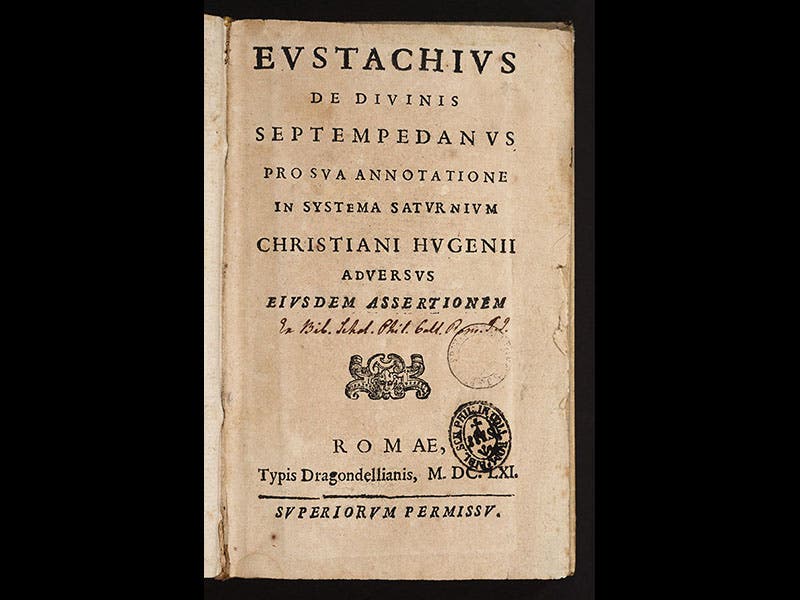
Eustachio Divini, an Italian optical artisan, was born Oct. 4, 1610. Divini in the 1640s and 1650s crafted telescopes that were hailed by Italian astronomers as superior to all others; we see above an example, an octagonal telescope (first image). Divini also published a lunar broadsheet in 1649, which not only depicted the moon as seen through his telescope (and a few others), but added views of the planets in the corners of the sheet (second image). In 1659, Christian Huygens published a book on Saturn, announcing the discovery of the rings, and he made a comment--really a rather neutral remark--about Divini's inaccurate depiction on Saturn on his moon map (upper left-hand corner). Divini took offense at what he perceived to be a disparagement of his telescopes, and he published a response to Huygens in 1660, A Brief Annotation on the System of Saturn, and a year later, in 1661, a further response. Since Divini could not read Latin, the tracts were written by Honoré Fabri, a Jesuit, who also took issue with Huygens’ Copernican views. Both of the Fabri/Divini tracts are quite scarce, and we are fortunate to have the two of them in our History of Science Collection (third and fourth images), as well as Huygens’ 1659 book on Saturn that started the controversy. We do not have Divini's original lunar broadsheet of 1649, so we show you the one in the wonderful Museo Galileo in Florence (second image). The Museo also owns the Divini telescope depicted above, as well as three others, and several Divini eyepieces.
Although we are lacking the original 1649 map, we do have two later seventeenth-century works that reproduce Divini's map, one by Athanasius Kircher and one by Otto von Guericke. We displayed the latter in our exhibition, The Face of the Moon: Galileo to Apollo, where, as you can see, von Guericke chose not to reproduce the controversial renderings of the planets in the map corners.
Dr. William B. Ashworth, Jr., Consultant for the History of Science, Linda Hall Library and Associate Professor, Department of History, University of Missouri-Kansas City. Comments or corrections are welcome; please direct to ashworthw@umkc.edu.

